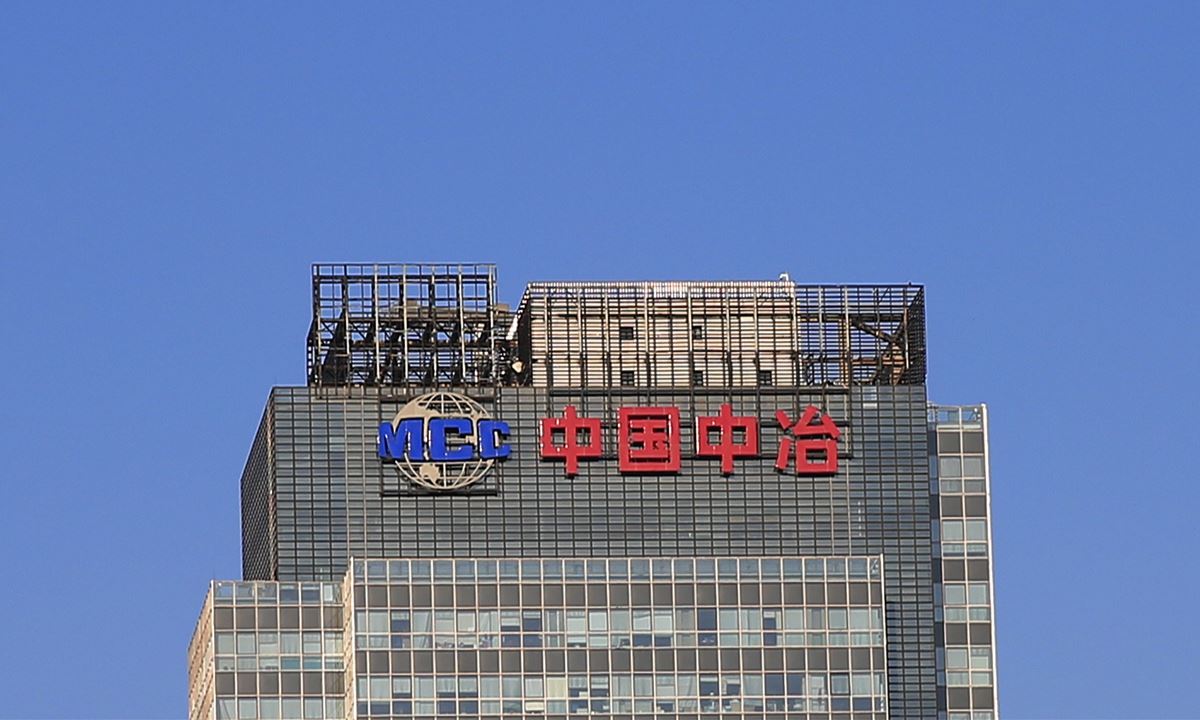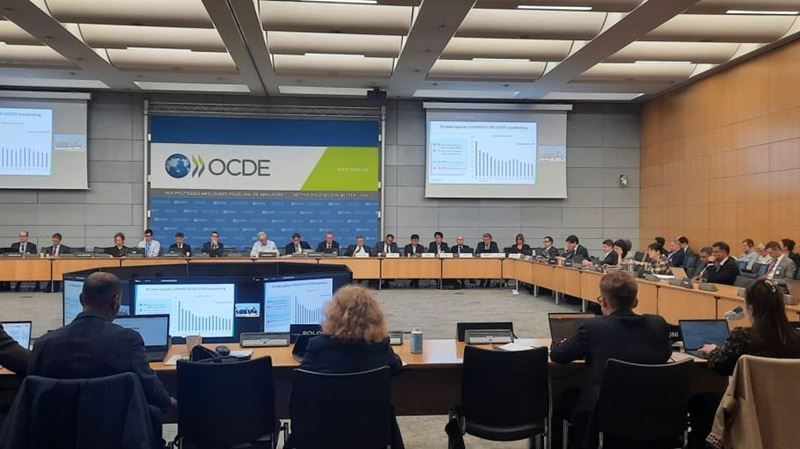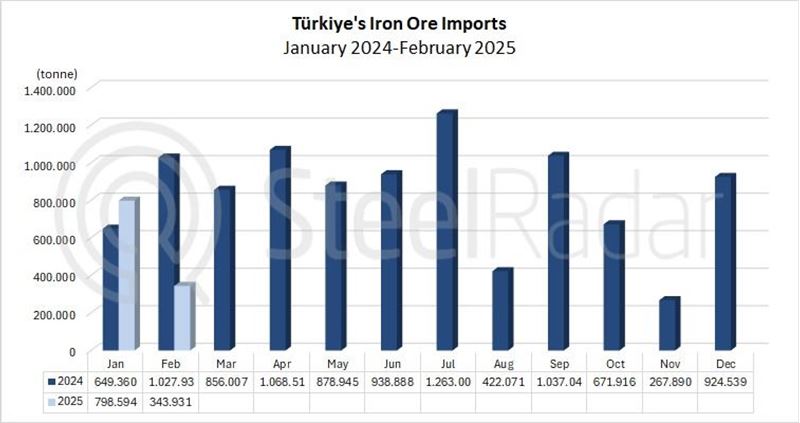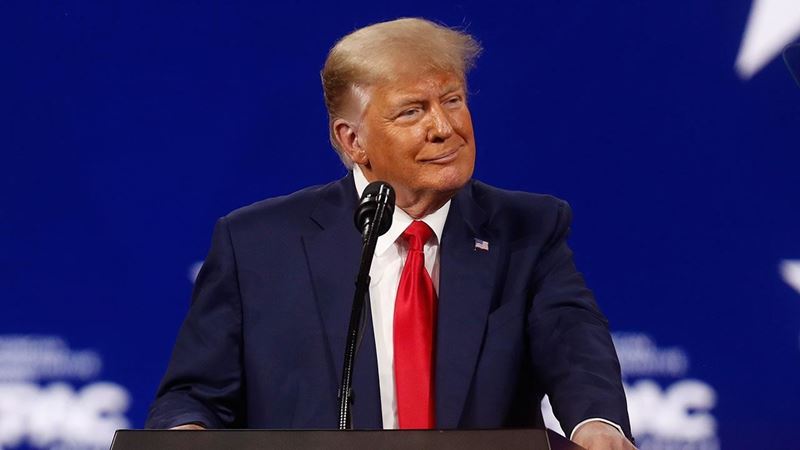According to Li Sheng, head of the local MCC department, steel demand has increased in Pakistan with the increase of the construction industry. The country's resources make it possible to meet this demand, and this situation allows it to grow even more in the future. According to Li Sheng, the iron ore reserves discovered in Pakistan are estimated at 950 million tons.
In February, it was reported that many steel companies in Pakistan were on the verge of closure due to the financial crisis in the country. Due to the lack of imported raw materials, steel production may decrease by 50% y-o-y in 2023. According to PALSP, the steel industry accounts for 5% of Pakistan's GDP, making it critical for the country. The total capacity of Pakistani steel mills is estimated to be about 6 million tons per year.
The economic crisis in Pakistan, which erupted in 2022, reached a new level in April of that year after the dismissal of Prime Minister Imran Khan. In August, the situation worsened even further after catastrophic floods. In September, financial problems forced leading steel and rolled steel producers to close a number of production lines.
China's support for MCC may help stabilize Pakistan's steel industry, but many of the local people are not satisfied with the company's performance in the country. First, activists do not see a fair distribution of Pakistan's resources, which is in China's favor. Secondly, the environmental situation in the areas where Chinese companies operate is also a problem. It is claimed that there are problems in accessing clean drinking water. There have been particularly serious protests in Balochistan, where residents are also angry at the Pakistani government's treatment of them. Protests here sometimes turn into terrorist attacks or clashes between activists and the police.









Comments
No comment yet.